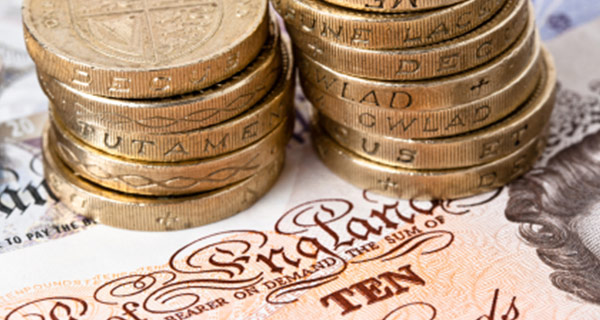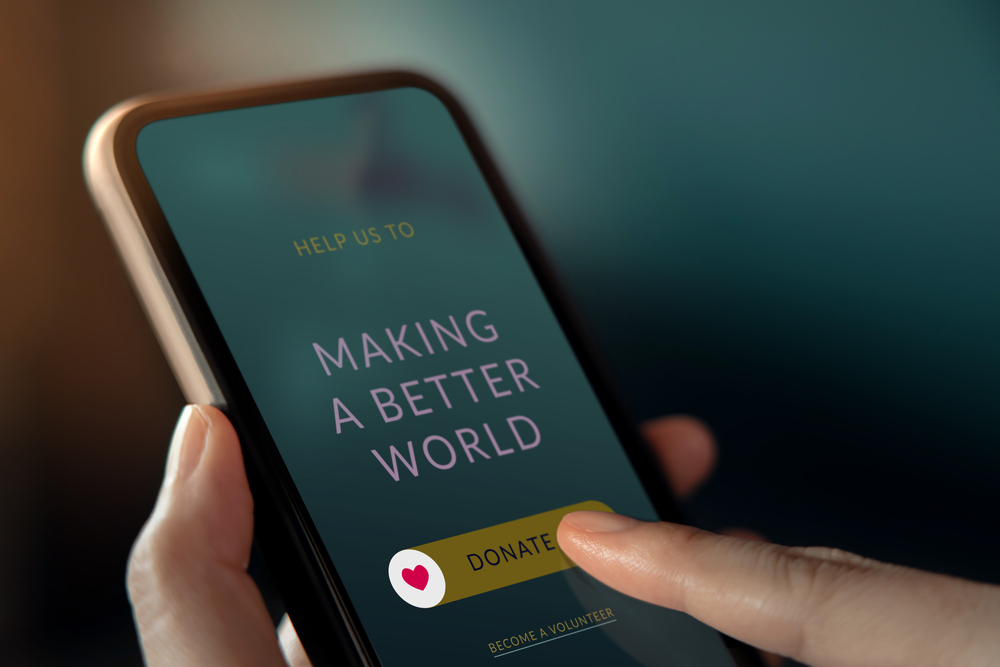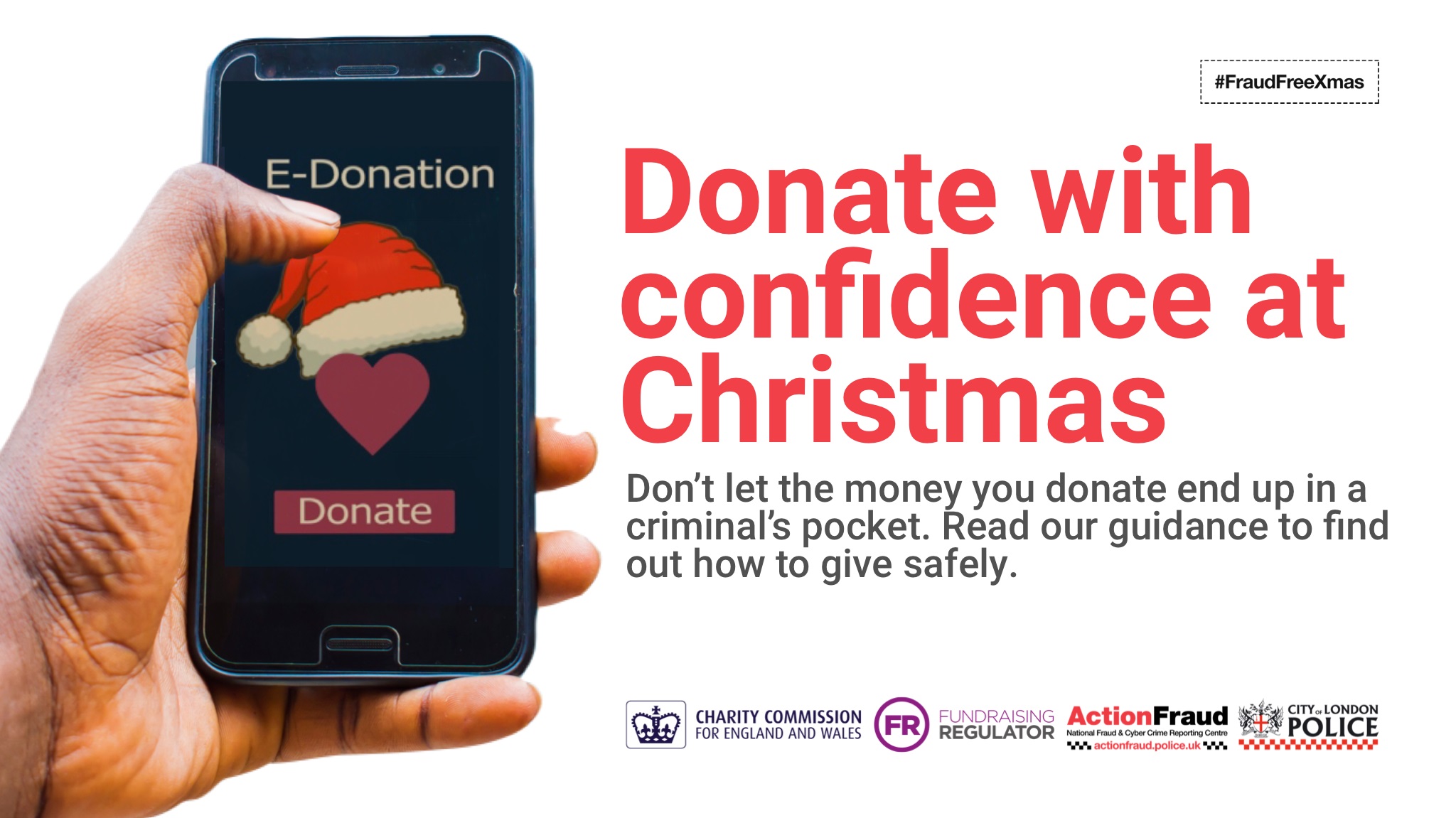The charity commission is encouraging people who want to give to charities to make sure they follow their safer giving advice during the Olympics and for Ramadan.

There will be an estimated 1.2 million visitors coming to the UK for the Olympic Games 2012 during July and August.
The Olympic Games will provide an excellent opportunity for charities to demonstrate the great work that they do to visitors and many charities may use this huge influx of visitors as a unique opportunity to raise extra funds for the good causes they support.The vast majority of charity collections are genuine, as are the collectors who collect with the agreement of the charity concerned. Inevitably though, there are criminals who will try and take advantage of the public's generosity.
The Charity Commission, the independent regulator of charities in England and Wales, is encouraging people who want to give to charities to make sure their money or goods go only to genuine charities by checking if the charity they are donating to is registered and to follow the Charity Commission’s safer giving advice.
All registered charities are listed on the online Register of Charities on the Charity Commission’s website. Donors can check the name or number of the charity against the register to see if an organisation is registered and check its number and details before giving. Our safer giving advice for donors covers giving cash to public collections as well as other fundraising methods, including giving online and giving in response to TV appeals.
Stephen Harrison, Chief Executive, National Fraud Authority said:“During the Olympic and Paralympic Games, it is important for visitors to be vigilant, satisfy themselves that public collections are legitimate, and feel confident that their donations are going to a genuine cause and not to fraudsters. We would encourage anyone who has been a victim, or who has information about a fundraising scam, to report this activity to Action Fraud, the national fraud and internet crime reporting service.”
The Commission’s safer giving advice covers the following:
- If you are in any doubt about a charity collector, collection bag or fundraising materials, check the charity’s name and registration number on the public register of charities on the Commission’s website. You can also search whilst out and about on your smart phone, through the Commission's mobile version of the Register of Charities.
- Always check whether a collector is wearing a proper ID badge.
- Check whether a collector has authority to collect. A permit or license is usually required if raising money in a public place. Collections in private places like train stations and supermarkets need the owner’s or manager’s permission. Collections in pubs need either a license or an exemption.
- Check that the collecting tin has a seal and that it is not damaged.
- Ask the collector how much of your donation goes directly to the charity. There’s no fixed rule about what percentage should be given to charity, but our tip is for people to ask what proportion of gross profit goes to the charity. This allows you to make an informed choice before you give.
- Ask the collector for more information about what donations will be used for - a genuine charity will understand that you may wish to know more and should be happy to answer questions.
- If you receive collection bags or fundraising materials from non-charitable organisations claiming to be charitable, and/or using a false registration number, you should contact the police, your local trading standards office, the Advertising Standards Agency and your local council.
- If you receive a phone call purporting to be from or on behalf of a charity asking for money, don’t be afraid to ask questions. Charities or those fundraising on their behalf should be able to provide a name and contact number for the charity itself so you can check it is a genuine call.
- If in any doubt, send your donation directly to the charity.
- To donate online to a particular charity, visit the charity’s website – check that you have the right web address. You can find the charity’s website address on their entry on the Charity Commission’s Register of Charities.
- Be very careful when responding to emails or clicking links within them to ensure that they are genuine. Look out for spelling mistakes or other signs that the email is not genuine. If you have any concerns about the legitimacy of a request for donations that appear to come from a charity, don’t hesitate to contact that charity directly.
- It is also good practice for charities to tell you how your money has been used after you have given through feedback via emails, newsletters or other communications.
- If you have a complaint about how a charity has fundraised, contact the Fundraising Standards Board (FRSB) – www.frsb.org.uk.
- Further useful guidance on Giving Safely has recently been published by the Fraud Advisory Panel, a registered charity and leading independent voice on fraud, which aims to safeguard charitable donations and encourage giving.
- If you are concerned that you may have been targeted by a fundraising scam, you should contact Action Fraud. Let the Charity Commission know too via its website.
Safer giving advice for Ramadan
The holy month of Ramadan is a time when many people give very generously, often to community organisations and Mosques, many of which are also registered charities.
Some charities, particularly during Ramadan, fundraise through television and radio appeals. Ofcom rules say charity appeals are allowed in programming only if they are broadcast free of charge, but charities can pay for fundraising adverts. Find out more about Ofcom’s rules for charity appeals.
Maulana Muhammad Sarfraz Madni, Chairman of the Mosques & Imams National Advisory Board (MINAB) said: "Many people will be giving very generously during the holy month of Ramadan and there are many charities that will be fundraising at the moment. By donating to charities registered with the Charity Commission, donors can have additional confidence that their donation will be used properly. Registered charities also benefit from the guidance and advice provided by the Commission. I would like to wish everyone Ramadan Mubaarak."
This guidance is also available in the following languages:
| Attachment | Size |
|---|---|
| Safer Giving_Somali.pdf | 153.77 KB |
| Safer Giving_Turkish.pdf | 200.07 KB |
| Safer Giving_Urdu.pdf | 250.32 KB |
| Safer Giving_Arabic.pdf | 263.05 KB |



